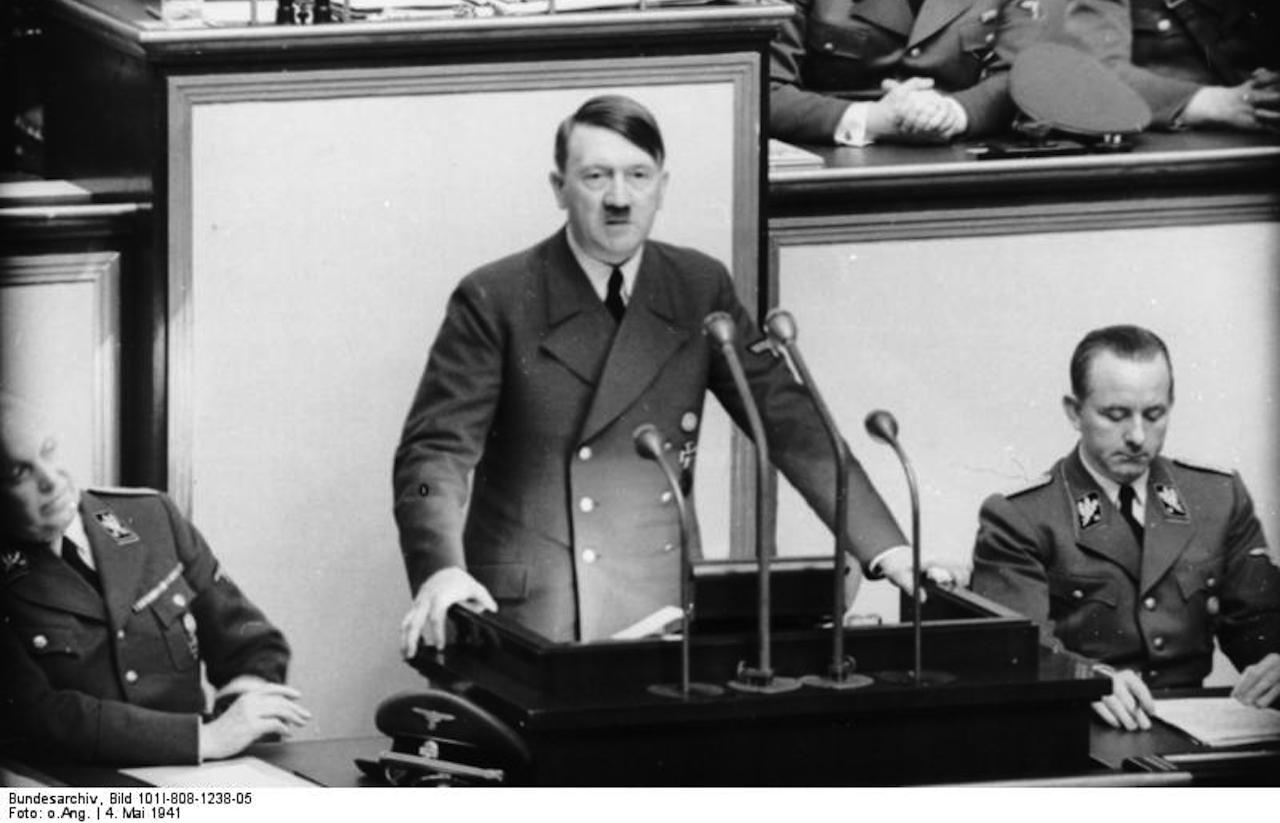Check out the interesting book review brought to us by Books and Culture. The book reviewed is a Hitler and the Power of Aesthetics in which Frederic Spotts argues that the “will to power” and aesthetic sensibility of Hitler are what continue to draw us to him.
Login to read more
Sign in or create a free account to access Subscriber-only content.
